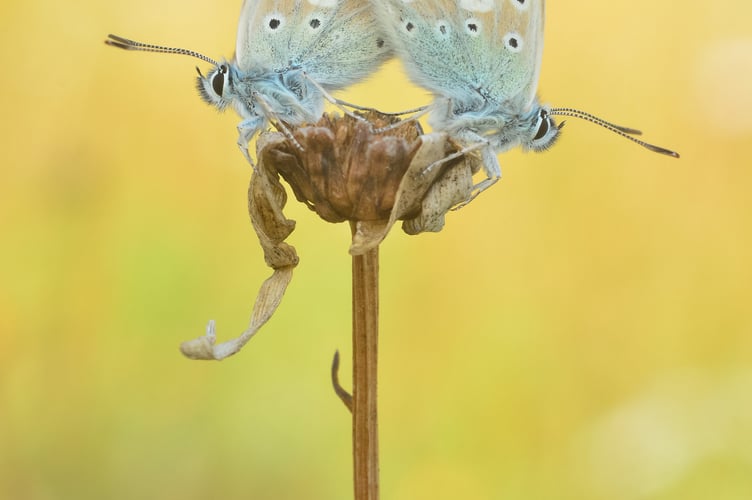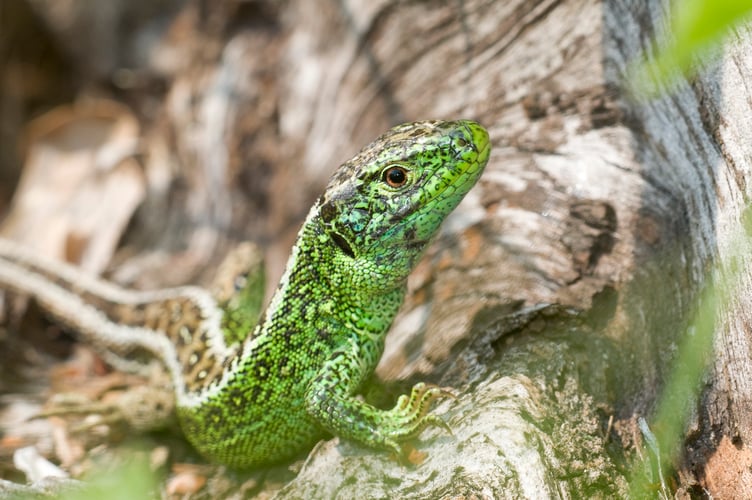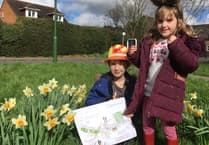A project to bring back the under-threat juniper tree to Queen Elizabeth Country Park near Petersfield is one of five re-naturing schemes in East Hampshire to benefit from a £130,000 grant pot.
Thirteen community-led projects across Hampshire and Sussex will be receiving a ReNature grant from the South Downs National Park Trust to help restore biodiversity.
At Queen Elizabeth Country Park, there will be a concerted effort to save the country park’s last two juniper trees and plant a wildlife corridor of more than 100 juniper trees.
The common juniper is one of Britain’s three native conifer species, but has struggled in recent decades across the UK because of diseases and poor seed quality.

Adapted to chalk downland, it supports a host of unique insects and fungi, such as the juniper carpet moth, and is an important food source for thrushes and fieldfare.
The £2,925 project will clear an area of commercial plantation and return the land to chalk downland, before being planted with juniper saplings.
Other local projects to receive money from the South Downs ReNature fund include:
Selborne Small Meadows and Grassland Network Project (£4,015) – based at Gilbert White House and Garden, the project will help maintain a wildflower meadow and support other small meadows in the local area through the Selborne Landscape Partnership, made up of local farmers.

Restoration of Jolly Robins pond by Hawley Parish Council, near Liss (£3,000) – restore an overgrown, clogged and barely visible village pond to help biodiversity return.
Cattle conservation grazing project at Longmoor, near Petersfield (£7,728) – led by Hampshire and Isle of Wight Wildlife Trust, the initiative is developing fence-free grazing to help maintain the heathland site and encourage reptiles such as the sand lizard.
Palace Field wildflower meadow, Droxford (£2,440) – led by Droxford Parish Council and Sustainable Droxford, the project will transform a rough grazing area to wildflower meadow to attract pollinators. A barn owl box will also be replaced and improved.

Woolmer Forest Site of Special Scientific Interest, near Bordon (£10,752) – led by Hampshire and Isle of Wight Wildlife Trust, the conservation grazing will be improved by the introduction of no-fence collars. This will help support species that rely on the lowland heathers such as nightjars, woodlarks and Dartford warblers.
Wetland restoration at Brook Farm, Midhurst (£6,403) – funding for project design and feasibility for wetland restoration and creating new habitats for water voles.
The ReNature initiative aims to create 13,000 hectares of new habitat to help wildlife flourish and improve existing nature havens in the National Park.

Jan Knowlson, biodiversity officer for the National Park, said: “ReNature is about creating nature everywhere, for everyone, and involves establishing new wildlife havens and improving existing habitats.
“The National Park is doing a lot of work with major landowners around establishing new habitats, but there’s also an incredible amount of work taking place in the community on smaller-scale projects.




